Choosing the right firmness level for your needs is crucial to getting a good night’s sleep. In this firm vs extra firm mattress comparison, we’re weighing up the different comfort levels so you can decide which best suits you and your sleeping style.
Understanding the differences between firmness levels and choosing the best mattress for your body will elevate your sleep quality and comfort. And there’s a big difference between firm and extra firm.
Here we’ll break down the cost, comfort and support you can expect from each mattress, as well as looking at the pros and cons. With the Black Friday mattress deals coming closer, it’s the perfect time to invest in your next bed, but do you need a firm or extra firm mattress? Let’s take a closer look…
Firm vs Extra Firm Mattresses: Key Differences
Although there are similarities between the two firmness levels, there are some key differences.
A firm mattress (sometimes referred to as a hard mattress) is usually around 8 to 8.5 out of 10 on the firmness scale. An extra firm mattress will rate at between 9 and 10 out of 10. The structure of both firm and extra firm mattresses is designed to be stable and with very little sinkage – you’ll obviously see a little more moulding with a firm mattress than one that’s extra firm.
Many of the best firm mattress options offer both firm and extra firm choices, and some mattresses are dual-sided – with varying firmness levels on each side.
The vast majority of these harder mattresses are hybrids, using a combination of coils and sturdier foams for support and comfort. Many of the best hybrid mattresses are firm or offer firm / extra firm options.
Both types of mattress are durable, but you should get even more durability from an extra firm mattress, which is likely to use higher density foams.
Firm vs Extra Firm Mattresses: Brands and Prices

Firm mattresses aren’t that difficult to find. Many brands release models with customisable firmness, meaning there is often a harder option available. Brands such as Brooklyn Bedding, Saatva and WinkBeds all have customizable mattresses with varying firmness options.
Prices differ hugely from brand to brand – for instance, you can currently pick up a firm Brooklyn Bedding Aurora Luxe mattress for $899.25, while a firm Saatva Classic is reduced to $1,795.
Extra firm mattresses are a little harder to find. The best mattresses for heavy people are a good place to start, often being firmer to support larger frames.
The Titan Plus, for example, offers a firmness rating of 8-10 and is currently $936.75. Other options include the Stearns & Foster Estate, with a queen at $2,399 and the slightly unusual Plank Firm mattress at $999 for a queen (it’s an all-foam mattress).
Firm vs Extra Firm Mattresses: Comfort and Support
Both firm and extra firm mattresses excel at keeping the spine aligned correctly. With little or no sinkage, the mattress adheres to the natural curve of the spine, without allowing for any dipping under the lumbar region.
Some of the best mattresses for back pain are firmer mattresses, with these beds being particularly suited to those who suffer with lower back pain.
Firm mattresses can be a great choice for back sleepers, who need extra support around their lumbar region and hips. And although a firm mattress will keep the hips and body firmly supported and well-aligned, there’s still a little bit of give in the top layers to provide some cushioning comfort.
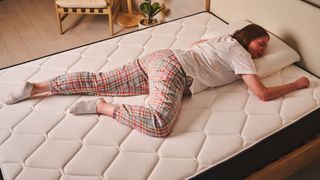
Extra firm mattresses are particularly suited to stomach sleepers, who need a firmer support system from their beds. The best mattresses for stomach sleepers keep your back and hips at the same height as your shoulders, which is an area extra firm mattresses excel in.
Likewise, an extra firm mattress is a great choice for heavier bodies, as it will prevent sleepers from sinking too far into the mattress and losing support.
Firm vs Extra Firm Mattresses: Benefits
The pros of a firm mattress:
- They have a bouncier feel: Many firm mattresses are hybrids or innerspring, with latex foam being a popular addition. Latex is both durable and ideal for providing a firmer feel that still has some bounce and buoyancy to it, making it easy for sleepers to change position. They’re ideal for those who don’t like the hug of memory foam.
- They’re supportive with a little contouring: Firm mattresses offer excellent support but still allow for a little contouring to help ease pressure points and provide pressure relief.
- They can help with lower back pain: Firm mattresses tend to have excellent lumbar support, which helps to keep the spine aligned and hips lifted. This, in turn, can help to prevent lower back pain.
- They’re durable: How long a mattress lasts is down to a number of factors, but extra firm mattresses do tend to be more durable. This is because they’re unlikely to sag in areas where body pressure is applied and are made with foams of a higher density that lasts longer.
- They provide stronger support: Extra firm mattresses are ideal for stomach sleepers and those of a heavier build. The stronger support will prevent these sleepers from sinking too far into the mattress, throwing the spine out of alignment.
- They offer superior motion isolation: In general, we tend to associate the best memory foam mattresses with good motion isolation. But extra firm mattresses also prevent motion transfer as the firm materials don’t tend to move at all when sleepers shift around on them.

Firm vs Extra Firm Mattresses: Drawbacks
The cons of a firm mattress:
- They can have poor motion isolation: The bouncier feel of latex combined with the coils you’ll find in some firm mattresses can lead to a lot of motion transfer, which could be an issue if you share your bed with a restless sleeper.
- They don’t have any sinkage or ‘hug’: Although you’ll get some contouring with a firm mattress, there’s none of the sink-in plushness that you’ll get with medium or medium firm mattresses.
- They can simply be too firm: Unless you’re a stomach sleeper or of a heavier build, extra firm mattresses can simply be too firm. This can lead to discomfort and pressure building up, which could cause pain.
- They can be expensive: Some brands charge a supplement for extra firm mattresses, as they’re often designed for those of heavier weights and require the use of more expensive heavy-duty materials.

Firm vs Extra Firm Mattresses: Which should you buy?
Buy a firm mattress if…
✅You want support but a little contouring: Firm mattresses keep the spine aligned, but still allow for a little contouring around pressure points.
✅You prefer a bouncier feel: Firm mattresses are often made with latex and coils, giving a bouncier feel that’s ideal for those who like to change position throughout the night.
✅You suffer with lower back pain: The firmer lumbar support can help to ease aches and pains.
✅You want a mattress with a long lifespan: Extra firm mattresses are made with high-density foams and extra strong coils, giving them lots of durability.
✅You sleep on your stomach: Extra firm mattresses help to keep stomach sleepers’ hips lifted and aligned with the spine.
✅You’re a heavier weight sleeper: An extra firm mattress will have enough support and structure for those weighing over 250lbs.
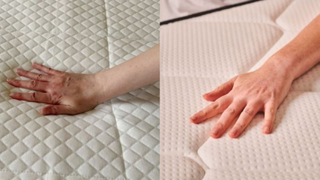


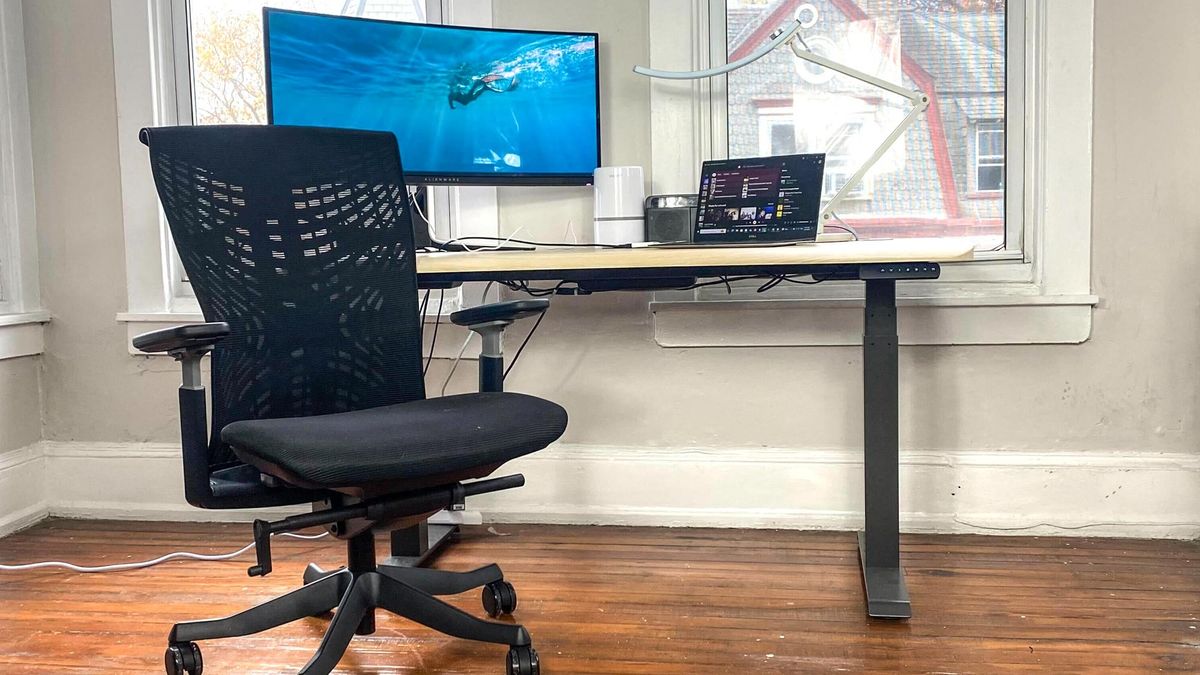




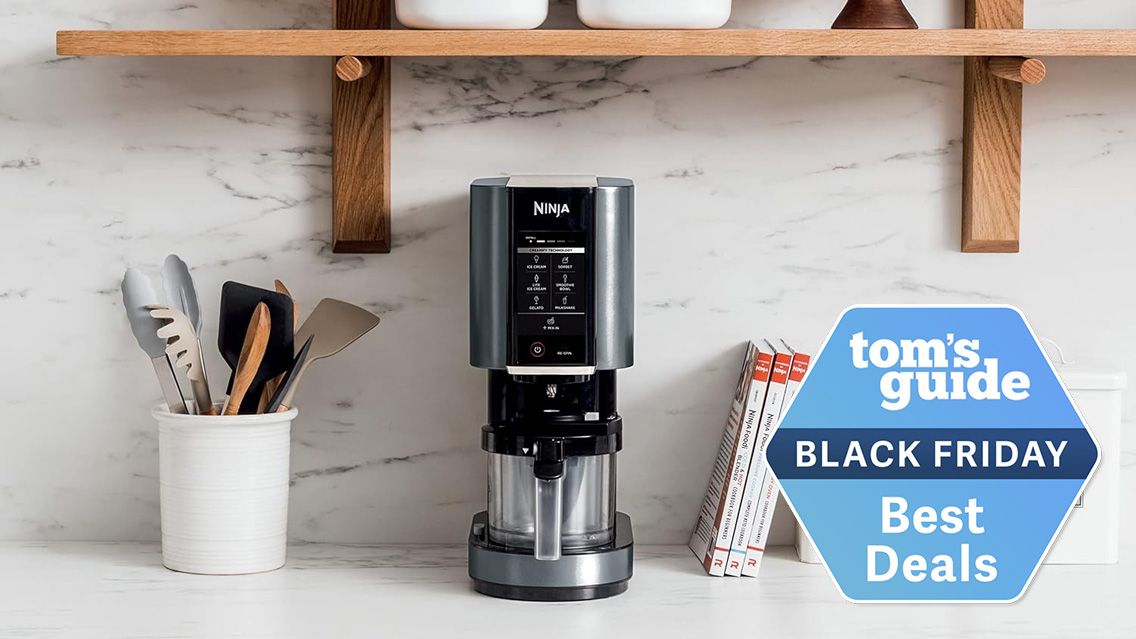

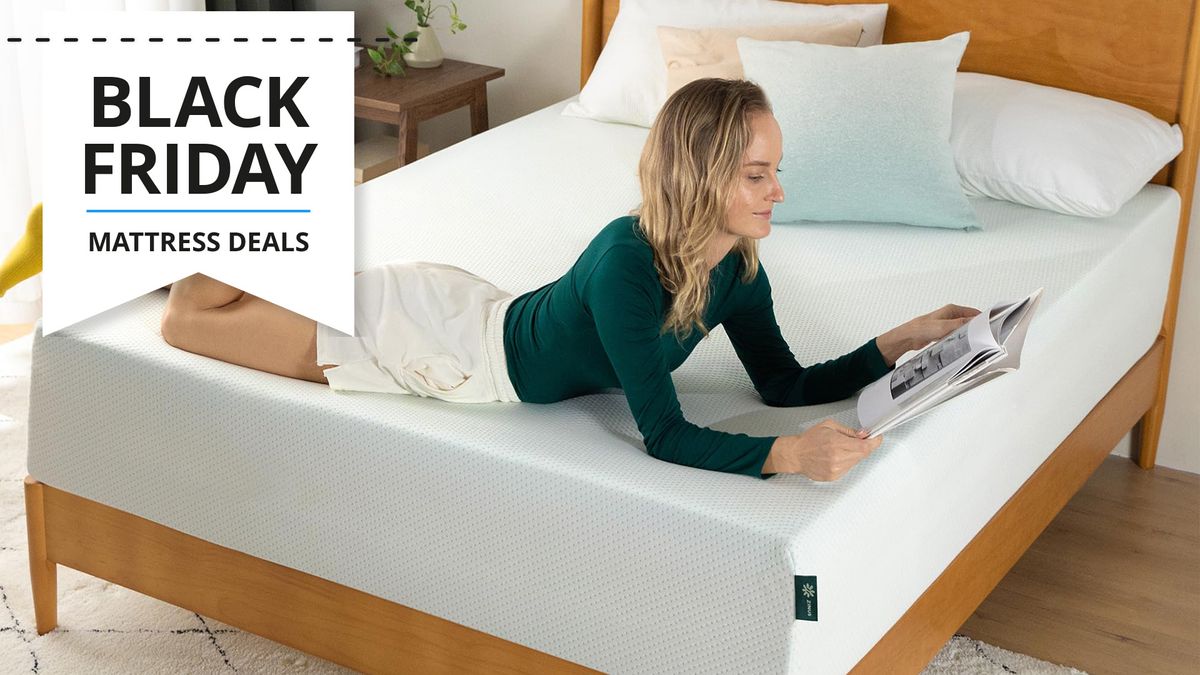










 English (US) ·
English (US) ·